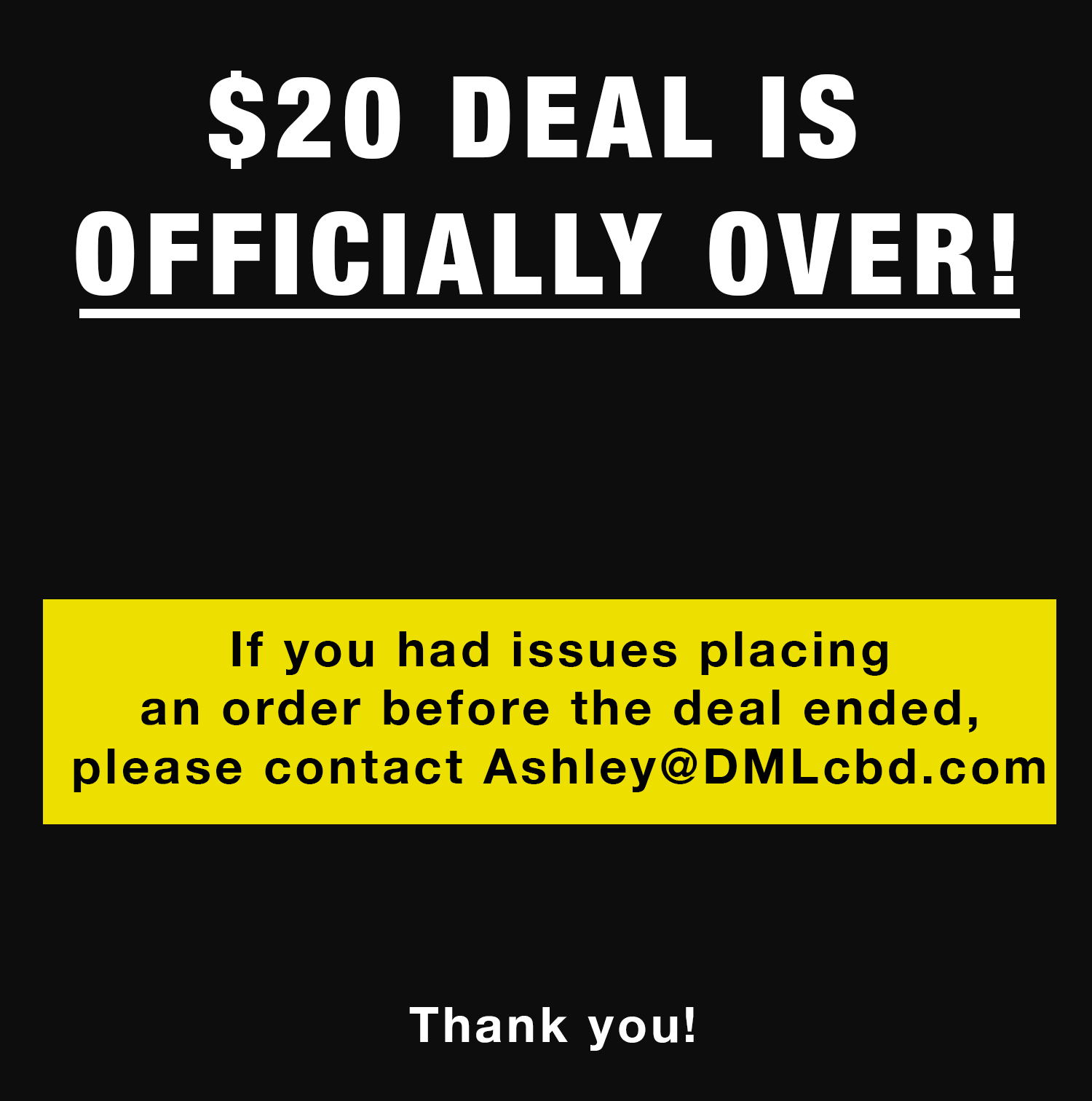Constellation Brands cut its fiscal outlook as beer demand, especially for premium labels, weakens in a tough economy.
The U.S. importer of Corona and Modelo now expects beer sales to fall 2%–4%, down from its prior forecast of flat to 3% growth, citing macroeconomic headwinds. The company now expects beer operating income to drop 7%–9%, compared to its earlier forecast of up to 2% growth, citing weaker volumes, added tariffs, and operating deleveraging.
“We continue to navigate a challenging macroeconomic environment that has dampened consumer demand and led to more volatile consumer purchasing behavior since our first quarter of fiscal 2026,” said Constellation Brands CEO Bill Newlands. “Over the last several months, high-end beer buy rates decelerated sequentially, as both trip frequency and spend per trip declined. Notably, high-end beer buy rate declines for Hispanic consumers were more pronounced than general market declines, which has an outsized impact on our beer business compared to the broader beer category.”
Bump Williams, CEO of Bump Williams Consulting, told FOX Business that beer sales are falling due to rising health concerns, fewer social gatherings, and younger consumers favoring cannabis and health drinks over alcohol.
“All beer brands are suffering from these distractions, but the biggest volume/share decliners are the older, legacy brands like Bud, Miller, and Coors (Coors Banquet is an exception) that have the most volume to lose,” Williams said. “Beer brands with flavor (Twisted Tea, Mike’s Hard, Smirnoff Ice), healthier attributes (Michelob Ultra, EIGHT, Yuengling Flight) and non-alcoholic brands (Michelob Ultra ZERO, Heineken 0.0 and Athletic’s portfolio) are finding ways to win.”
Williams also noted declining sales among Hispanic family shoppers have hurt Constellation’s flagship brands like Corona and Modelo. While smaller labels such as Pacifico, Corona Premier, Sun Brew, Victoria, and Familiar are performing well, their gains haven’t offset losses from the larger brands. Williams noted that economic pressures have added to beer’s decline, with brands struggling to draw new customers or boost purchase frequency and volume.
“Consumers are feeling the pinch of higher prices at retail, not just for beer, but across the entire consumer packaged goods industry. Beer has always been labeled as an ‘affordable luxury’ but when it comes to paying $40 per case for your favorite beer brand, that just seems to be the pinch-point,” he said. “What we have seen is the consumer trading down in size from 24- or 30-packs to smaller packages like single-serve offerings and 12-packs. It’s a way for consumers to enjoy their favorite beer at an affordable price point.”
Williams added that consumers moving away from beer are shifting to health-focused drinks, energy drinks, spirits, and cannabis-based beverages, confirming the previously stated trend:
“What I think ails beer the most: we are losing consumers to energy drinks, water, pre/post/pro-biotics, healthier beverages, all-natural juices, vitamin-enriched recovery drinks, low-carb/low-calorie/ less-sugar drinks and gluten-free alternatives. The biggest gainer of lost beer shoppers has been the spirits-based ready-to-drink business led by Surfside, Sun Cruiser, VMC, NUTRL, Cutwater, High Noon and a myriad of other players. The other big winner is cannabis/THC drinks and I think this particular offering has a long road of growth ahead of it.”




